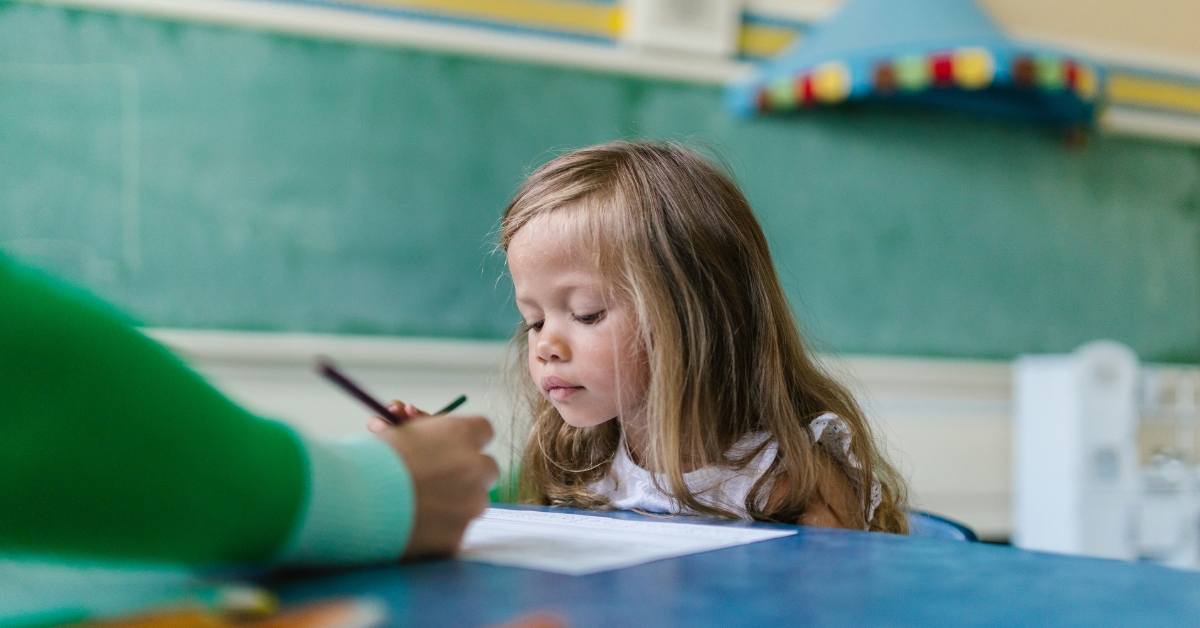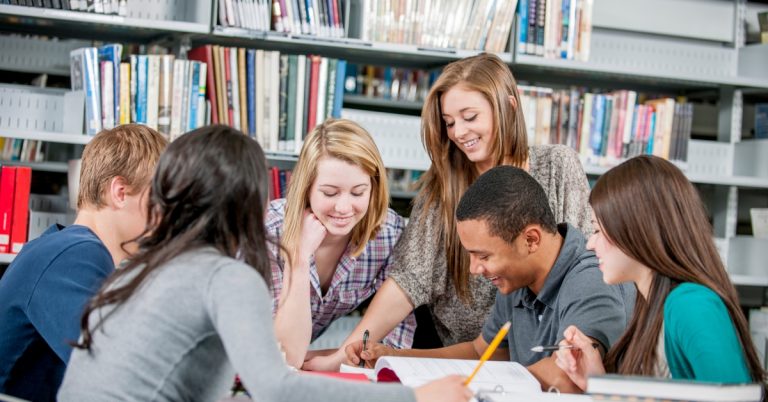Unlocking Potential: How Educational Psychology Transforms Learning Environments
In today’s rapidly evolving educational landscape, the quest for effective teaching strategies and optimal learning environments is more pertinent than ever. As educators grapple with diverse classrooms that encompass varying learning styles, abilities, and emotional needs, the field of educational psychology emerges as a powerful catalyst for transformation. By understanding the cognitive, emotional, and social dynamics that underpin learning, educational psychology is helping educators to cultivate environments that not only foster academic success but also nurture the holistic development of every student.
Understanding Educational Psychology
Educational psychology is a specialized field that delves into the science of learning and the psychological factors that influence education. This discipline encompasses theories of cognitive development, motivation, learning styles, and social learning, among others. By applying psychological principles to education, educators can create tailored teaching approaches that respond to the needs and strengths of individual learners.
Key Principles of Educational Psychology
Cognitive Development: Pioneered by theorists such as Jean Piaget and Lev Vygotsky, the study of cognitive development has profound implications for educational practice. Understanding the stages of cognitive development enables educators to design age-appropriate learning experiences that align with students’ developmental readiness, encouraging deeper understanding and retention of knowledge.
Motivation and Engagement: The theory of motivation, prominently advanced by scholars like Edward Deci and Richard Ryan, emphasizes the importance of intrinsic and extrinsic motivators in enhancing student engagement. By fostering a sense of autonomy, competence, and relatedness, educators can inspire students to take ownership of their learning journey and cultivate a passion for knowledge.
Learning Styles: Although the extent of their impact is debated, recognizing that students have diverse ways of processing information is fundamental. Educators can leverage various instructional strategies – visual aids, hands-on activities, collaborative tasks – to reach and engage students with different learning preferences.
Social Learning: Albert Bandura’s social learning theory highlights the importance of observation and imitation in learning. This principle underscores the value of peer learning and collaborative educational practices, wherein students can learn from one another’s experiences and insights, fostering a sense of community and shared knowledge.
Transforming Learning Environments
The integration of educational psychology into learning environments can lead to significant transformative outcomes. Here are several ways this discipline is reshaping educational practices:
Customized Learning Experiences: Through assessments and insights derived from educational psychology, educators can personalize their teaching methods and curricula to fit the unique needs of their students. Tailoring instruction not only addresses academic challenges but also considers emotional and social factors that influence learning.
Promoting Inclusivity: Educational psychology also emphasizes the importance of inclusive practices that accommodate diverse learning needs. Implementing Universal Design for Learning (UDL) principles ensures that all students, regardless of ability or background, have access to enriching learning experiences.
Enhancing Teacher Training: Professional development programs that are informed by educational psychology help educators hone their skills in understanding student behavior, motivation, and psychological needs. Equipped with this knowledge, teachers can create supportive classroom climates that promote resilience and emotional well-being.
Fostering Positive Relationships: Educational psychologists advocate for strong teacher-student relationships built on trust, respect, and mutual understanding. These relationships are crucial for creating safe learning environments where students feel valued and empowered to take risks in their learning without fear of failure.
Integrating Technology and Innovation: As technology continues to infiltrate educational settings, the insights from educational psychology can guide the effective integration of digital tools. Understanding how students interact with technology, educators can adopt methodologies that enhance engagement and facilitate collaborative learning, both in physical and virtual classrooms.
The Future of Educational Psychology in Learning Environments
The influence of educational psychology on learning environments is steadfast and expanding, particularly in the face of challenges such as remote learning, mental health crises, and societal shifts. As research in this field continues to evolve, educators will have access to more refined tools and strategies to address the complexities of learning and teaching.
In conclusion, educational psychology offers a pivotal framework for unlocking the potential within educational systems and individuals alike. By transforming traditional learning environments into dynamic spaces that prioritize psychological well-being, engagement, and inclusivity, we can cultivate not just academic success, but also empowered, resilient, and compassionate learners ready to thrive in an ever-changing world.



